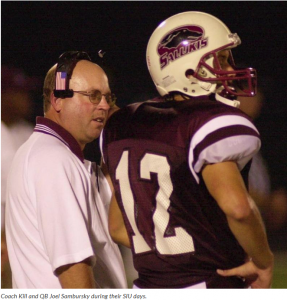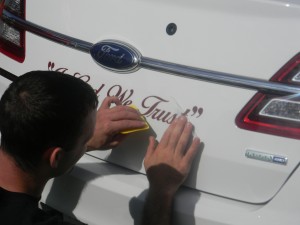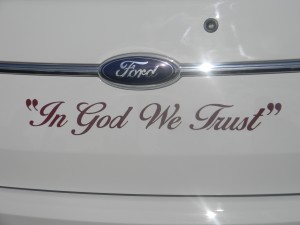SPRINGFIELD – Governor Bruce Rauner has issued the following statement regarding Illinois’ acceptance of Syrian refugees after the terror attacks in Paris:
“Our nation and our state have a shared history of providing safe haven for those displaced by conflict, but the news surrounding the Paris terror attacks reminds us of the all-too-real security threats facing America. We must find a way to balance our tradition as a state welcoming of refugees while ensuring the safety and security of our citizens. Therefore, the state of Illinois will temporarily suspend accepting new Syrian refugees and consider all of our legal options pending a full review of our country’s acceptance and security processes by the U.S. Department of Homeland Security.”




